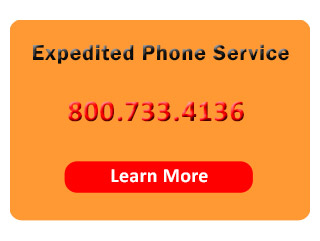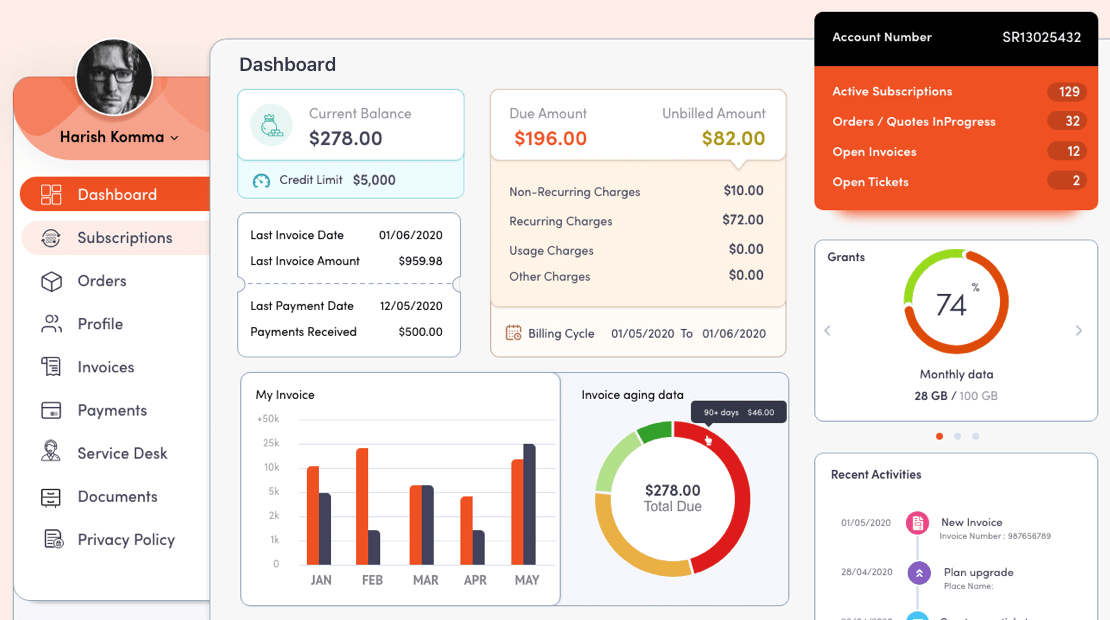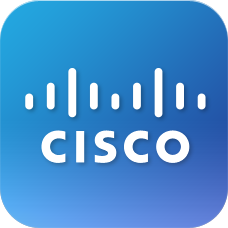10 Important Call Center Questions
A Call Center is a telecommunications platform that allows businesses to effectively route phone calls to available agents. A Hosted Call Center makes it easy for businesses to configure inbound calls to a sales desk, a support hotline or help desk. A Hosted Call Center will even allow you to have Call Center Agents in multiple physical locations, these agents can even be home-based agents.
A comprehensive sales and customer support system are a critical component for any business. It is not enough to provide a competitively priced quality product. It is absolutely essential that you provide your customers with a first-class service experience when doing business with your company – before, during and after the sale.
If this is your first time evaluating a Hosted Call Center solution, here are 10 important points to consider.
- How does the pricing work? A provider that charges you per-agent or per-seat is charging you even when your agent isn’t on the phone. With a provider that charges per minute used, you’ll only be paying for the service that you actually make use of.
- What Hosted Call Center Features are available? A good Call Center solution should give you fine-grained control over every aspect of your call center. This is how your customers are going to experience your Call Center and it is vitally important that you provide a comfortable experience. You should be able to, for example, choose what music customers listen to while on hold, the maximum amount of time they’ll have to wait, and the number of callers in your queue.
- Does the provider require specialized IP Phone sets? Home-based employment is becoming increasingly popular. And for good reason: off-site workers are able to participate in their jobs without relocating or commuting. Tap into the possibilities of a workforce unrestricted by location by making sure that your Virtual Call Center allows agents to answer phones wherever they are, without needing to stay tied down to a specific piece of hardware. Virtual Call Center software should empower agents in your office or across the nation.
- How are incoming calls routed to agents? The more information a call center agent has about a caller, the better. Ask the provider what information is available to the call center agent and how is that information provided. Many call center providers integration with CRM applications like Salesforce.com and Sugar CRM. This type of integration is very valuable as it allows your agents to see a history of the interaction with your customers.
- Does your service offer Call Recording?: There’s no better way to monitor and review your call interactions than to have access to recordings and transcriptions of them. A provider that makes this option available will allow you to give specific feedback to your agents by seeing exactly how they did and what can be improved.
- Determine the capabilities of the call center supervisor: In order to manage the agents, the call center supervisors need up to the minute information about all aspects of the call center. This includes information about how the agents are performing as well as how long customers are waiting to speak to an agent. It is import that a call center solution provides effective real-time call center reporting.
- Do you offer the option to set schedules for individual agents?: Your Virtual Call Center is only as good as your scheduling options. By incorporating the schedules of individual call agents, you can ensure that calls are being routed to agents who are available to take the calls. Make your call queuing more efficient–which your customers will love–by using a precise schedule for each agent.
- Is there a setup fee or long-term contract?: Fees vary widely among call center providers. A Hosted Call Center solution is a web-based technology that does not require the purchase of hardware or software. Many call center providers require a term contract because of the upfront expense they incur setting up and installing your service. This may be very valuable to you and you should not dismiss a provider because they require a fee or a term contract. It may end up saving you in the end. Rather than look for a no fee, no contract provider, look for a provider that offers some sort of guarantee.
- Is IVR integration available? Can I transfer callers to another agent, call distributor, or IVR?: Your Virtual Call Center doesn’t exist in a vacuum. Or, at least, it shouldn’t. With Interactive Voice Response technology integration, you can make better use of your Call Center, allowing you to transfer callers to another agent, department, post-call survey, or voice mail.
- Determine the customer support policy: There is no system that is 100% fail proof. Determine what happens in the event of a system crash? Ask the vendor if they have redundant facilities. A provider with redundant facilities is less likely to have a significant outage than a provider that does not have redundant facilities. This will give you a better sense of how prepared the provider is for these situations.






